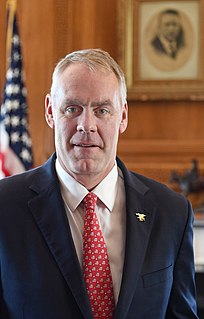A Quote by Terry Glavin
It's true that since 9/11, the application of conventional military rules of engagement has gotten a bit foggy. The Taliban were not an 'enemy state,' but the Canadian Forces conducted its operations in Afghanistan as though the rules of war applied anyway.
Related Quotes
When the United States first went into Afghanistan in 2001, it devastated the Taliban and Al Qaeda in a matter of weeks using only a few hundred C.I.A. and Special Operations personnel, backed by American air power. Later, when the United States transitioned to conventional Pentagon stability operations, this success was reversed.
It seems to me an utterly futile task to prescribe rules and limitations for the conduct of war. War is not a game; hence one cannot wage war by rules as one would in playing games. Our fight must be against war itself. The masses of people can most effectively fight the institution of war by establishing an organization for the absolute refusal of military service.
Iraq broke our back in terms of counterterrorism. There's no doubt about it. The first thing, though, that hurt us was the fact that the U.S. military was absolutely unprepared to do anything on 9/11 - or 9/12 or 9/13. And by the time we actually attacked Afghanistan, al Qaeda and the Taliban had dispersed.
For 60 years, since World War II, we have been trying to create a rules-based system, a global economic system. We understand that what makes our economy function is what we call the rule of law, and what is true domestically is also true internationally. It is important to have rules by which we govern our relations with other countries.
When George W.Bush attacked Afghanistan, it was widely hailed, and the failure of our war there wasn't understood. Within a few months of attacking Afghanistan, Bush clearly moved on to get ready for Iraq, long before Osama bin Laden or Al Qaeda were dispensed with. There was never any serious debate in the press about whether even the notion that every Taliban was our enemy was valid. A lot of assumptions about that war were never challenged.


































